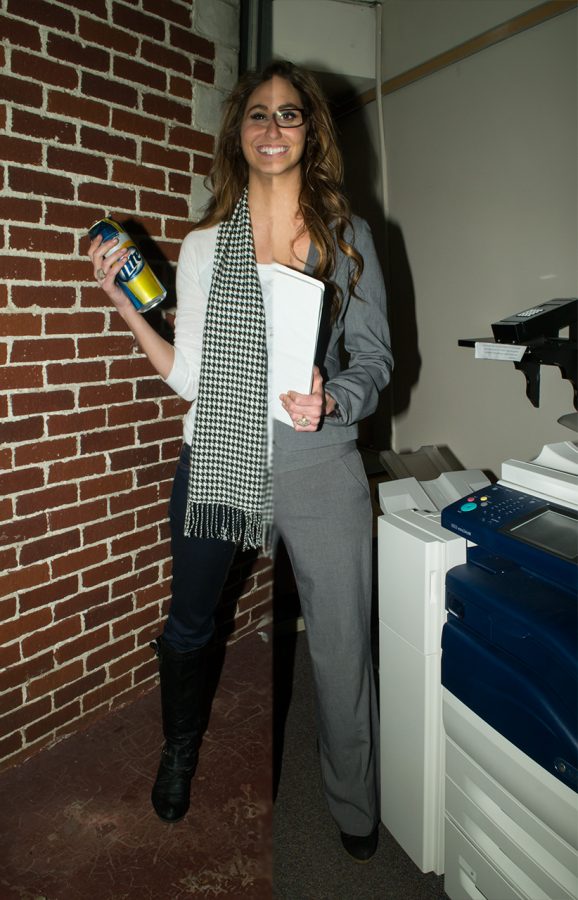What are your 20s for?
March 21, 2013
Parties, education, marriage, starting a family, finding yourself – there’s really no right answer when it comes to the question “What are your 20s for?”
Sarah Jessica Parker’s character Carrie Bradshaw on the popular movie “Sex and the City: The Movie” said they’re for enjoyment.
“Enjoy yourself- that’s what your 20s are for,” she said. “Your 30s are to learn the lessons. And your 40s are to pay for the drinks!”
While Parker’s character may have been right, some UNA students said they don’t feel the same.
Junior business major Carleigh Brown said she stays away from the party scene, choosing to use her 20s to develop and cultivate relationships with those around her.
“I’m really using these years to invest in other people and learn about them,” she said. “I’m striving toward a career and lasting friendships.”
Meg Jay, clinical assistant professor at the University of Virginia, recently gave a TED Talk on making the most of your 20s.
“Claiming your 20s is one of the simplest things you can do for work, happiness, love, maybe even for the world,” she said during the talk. “We know your brain caps off its second and last growth spurt in your 20s as it rewires itself for adulthood. Which means whatever you want to change, now is the time to change it.”
While changing things and discovery of one’s self could be a theme of your 20s, one UNA student said he has a different outlook on the decade.
“Your 20s are about discovering who you won’t be,” said Brian Mulack, a 28-year-old graduate student.
Figuring out what you don’t want out of life or the type of person you don’t want to be is sometimes easier than the alternatives, he said.
“You meet people in their 30s and 40s who still don’t know what they want,” he said. “It’s easier sometimes to find out what you don’t want, rather than determining what you want 20 years from now.”
Jay explained during her presentation that many 20-somethings are too relaxed about what they do during their 20s. She said they develop intimate relationships without meaning, take on jobs unrelated to careers they wish to pursue later in life and they garner the wrong message from the media, looking at their 20s as an “extended adolescence.”
“When a lot has been pushed to your 30s, there is enormous 30-something pressure to start a family, have your career, pick a city,” she said. “Many of these things are incompatible to do all at once.”
Mulack said he thinks your 20s are also open to change and anything could happen.
“You make plans, but you never know — things happen and they change,” he said.
Using your 20s to “own your adulthood” and invest in “identity capital” that will make you who you want to be later in life is a key part to making the most of your 20s, Jay said. She also said allowing for opportunity or change is important.


